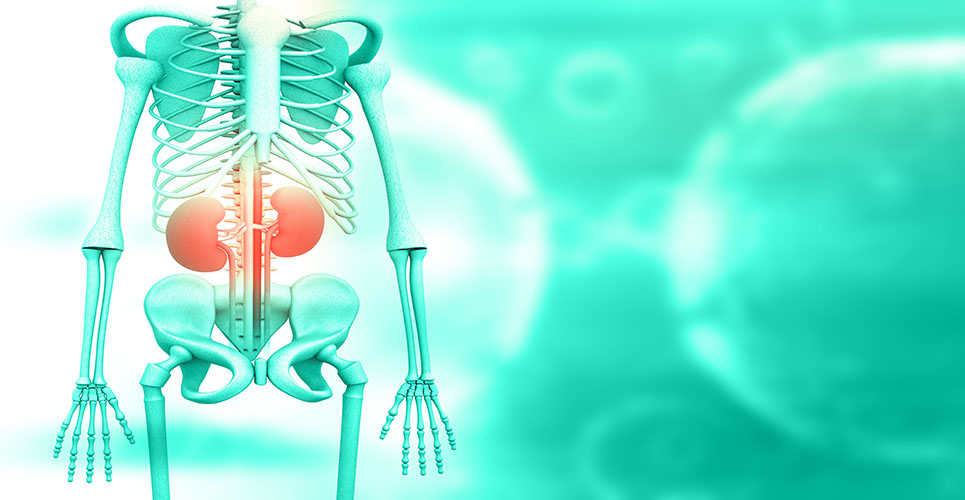The Committee for Orphan Medicinal Products (COMP) adopted a total of 16 recommendations for orphan designation during its May 2012 meeting, including eculizumab for treatment of infection-associated haemolytic uraemic syndrome (HUS).
Orphan designation can be granted early in the development process to substances that are intended for diagnosis, prevention or treatment of life-threatening or very serious conditions that affect not more than 5 in 10,000 people in the European Union (EU) or that would not be developed without incentives.
One of these diseases for which no adequate treatment currently exists is infection-associated haemolytic uraemic syndrome (HUS). During its meeting, the COMP recommended granting an orphan designation for eculizumab used for the treatment of this severe, life-threatening complication of enteric infections with Shiga toxin-producing Escherichia coli bacteria, such as enterohaemorrhagic E. coli, also called EHEC.
Infection-associated HUS occurs predominantly in childhood. Although it is a very rare disease, estimated to occur in less than 0.07 per 10.000 patients a year, infection-associated HUS is recognised as the most common cause of acute kidney failure in infants and young children. It can also affect adults and the elderly, who often die as a result of the disease.
Eculizumab, a monoclonal antibody, is already authorised in the EU for the treatment of paroxysmal nocturnal haemoglobinuria, a rare, life-threatening genetic disease that causes the red blood cells to be broken down too quickly. Its mechanism of action is thought to be also effective in patients with infection-associated HUS.
The COMP also recommended granting of an orphan designation for recombinant human interleukin-7 for the treatment of progressive multifocal leukoencephalopathy (PML). PML is a severe demyelinating disease of the central nervous system caused by the JC virus. It is seen in many conditions that affect immune system function such as HIV-1/AIDS, certain cancers and organ transplant subject to immunosuppressive therapies. Over the last five to 10 years, it has been increasingly reported as a serious adverse event of therapeutic monoclonal antibodies that modulate the immune system.
PML is a very rare disease, affecting less than four out of a million patients. There are currently no medicines available to treat PML or to prevent JC virus infection. The granting of an orphan designation is intended to encourage the development of a medicine for the treatment of this disease, which often leads to death or serious disability.
Next steps
The COMP recommendations for these substances are sent to the European Commission for the adoption of a decision. Once an orphan designation has been granted, sponsors have access to certain incentives during the development of the medicine.
For each medicine that has been granted an orphan designation, the Agency publishes a summary of the opinion on its website.

